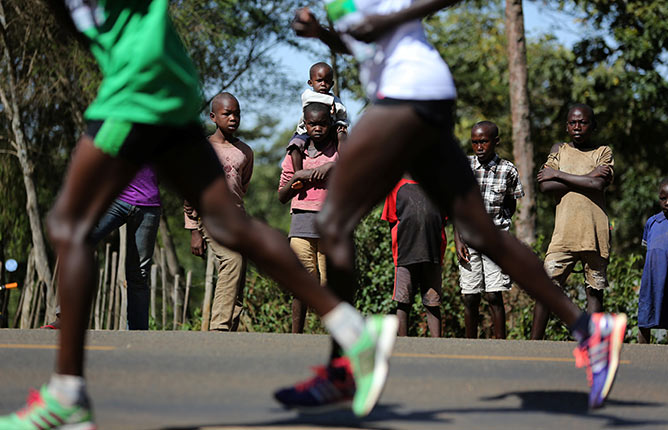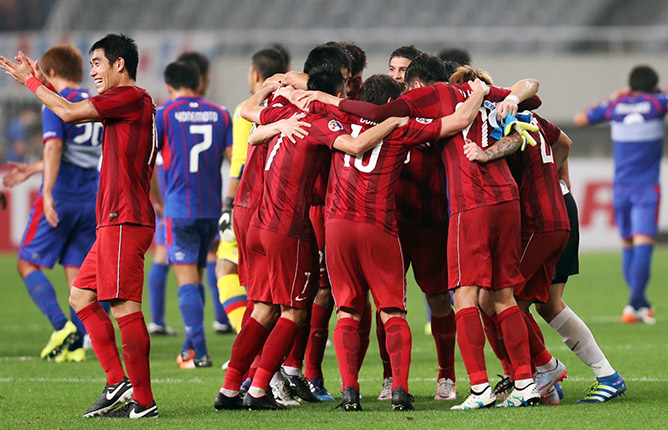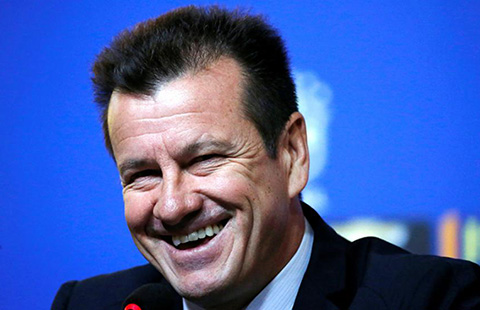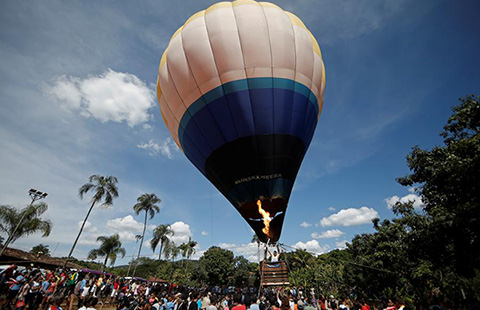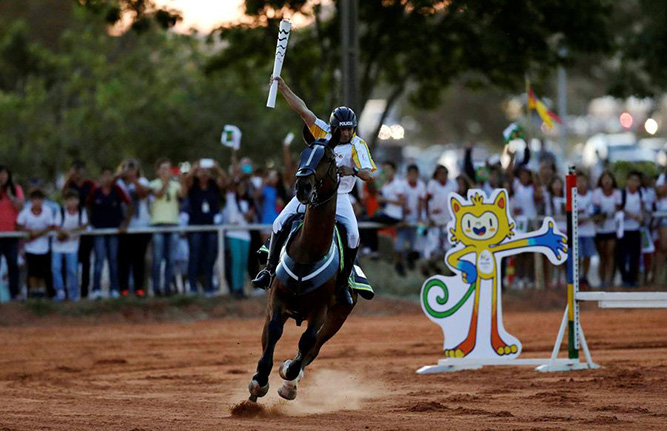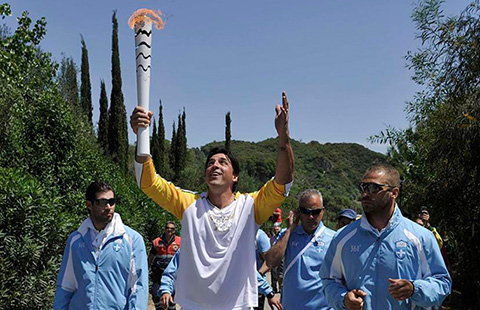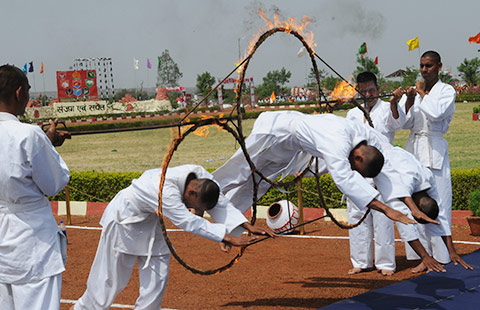

SAO PAULO - Brazilians like to say theirs is the country of soccer and it certainly has a strong claim for the titles of the world's greatest player, greatest team and even the greatest stadium.
In the nation that will host the 2014 World Cup, however, fewer people go to see professional soccer matches than in China or the United States.
With attendances falling further this year, Brazilian clubs are using different strategies to try to fill their grounds but they are hampered by antiquated stadiums, a lack of respect for fans, television stations that show every game live and insufficient policing and security.
In the home of Pele, the legendary team that won the 1970 World Cup and Rio de Janeiro's giant Maracana stadium, just about everyone has a team and an opinion. But few actually go to support their side.
"Lots of people confuse the phenomenon of the World Cup in Brazil with a true love of the game," said Juca Kfouri, one of Brazil's best-known sports writers. "Brazil is not a country where people love football. It is a country where people love to party around the World Cup."
That assertion got factual backing from two recent reports on attendances.
One, by the Stochos consultancy, showed the average crowd at Brazilian first division matches has fallen eight percent this season to less than 13,000.
While big clubs such as Sao Paulo and Corinthians regularly pull in crowds of more than 30,000 people, the average attendance is below 10,000 at more than half of Brazil's first division clubs.
Santos, home to top striker Neymar, has an average home gate of 7,788 this season. The average at Portuguesa, another Sao Paulo club, is 4,162. Just 449 people watched Atletico-GO play Sport last month.
A second study put Brazil 13th on a world table of attendances for 2011. An average of 14,987 fans attended first division matches, according to the study by Pluri, a Brazilian sports consultancy, which used a slightly different methodology to Stochos.
Germany's Bundesliga led the table with 45,083 fans, followed by England, Spain and Mexico.
Brazil lagged behind all the big European nations, as well as the United States, which was in sixth place. It also came in behind China in 10th and Japan, which was one place above it. Average crowds at Brazilian Serie A matches are lower even than those in the German and English second divisions.
Brazilian clubs are trying creative solutions to remedy the situation.
In Recife, fans of the city's three big teams get tickets in return for requesting invoices for purchases in stores. The initiative is designed to raise tax revenues by ensuring businesses record transactions.
